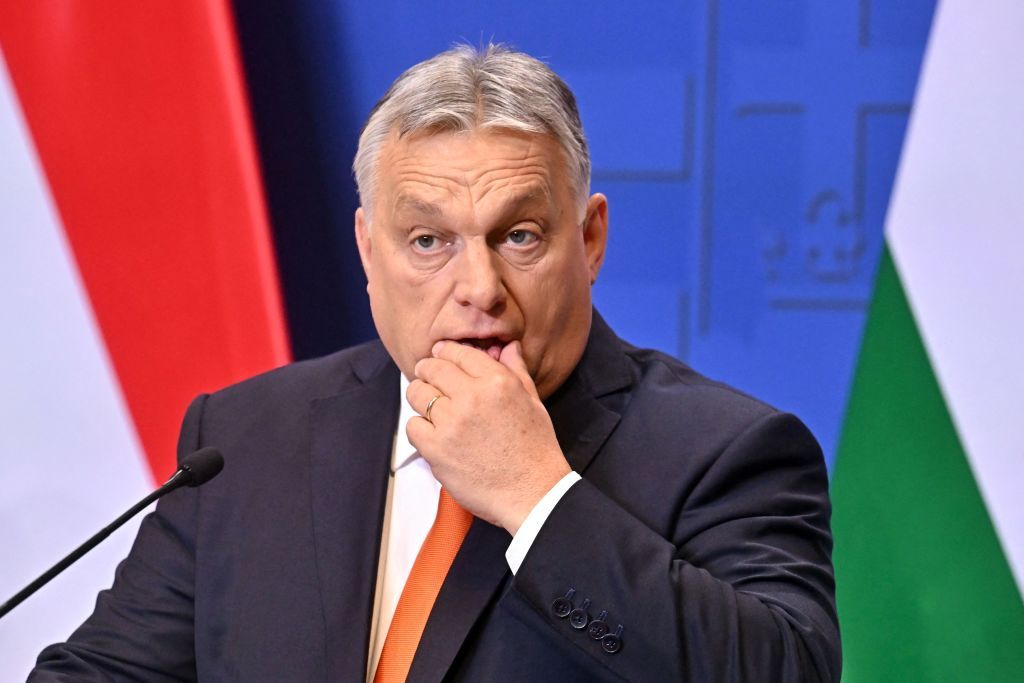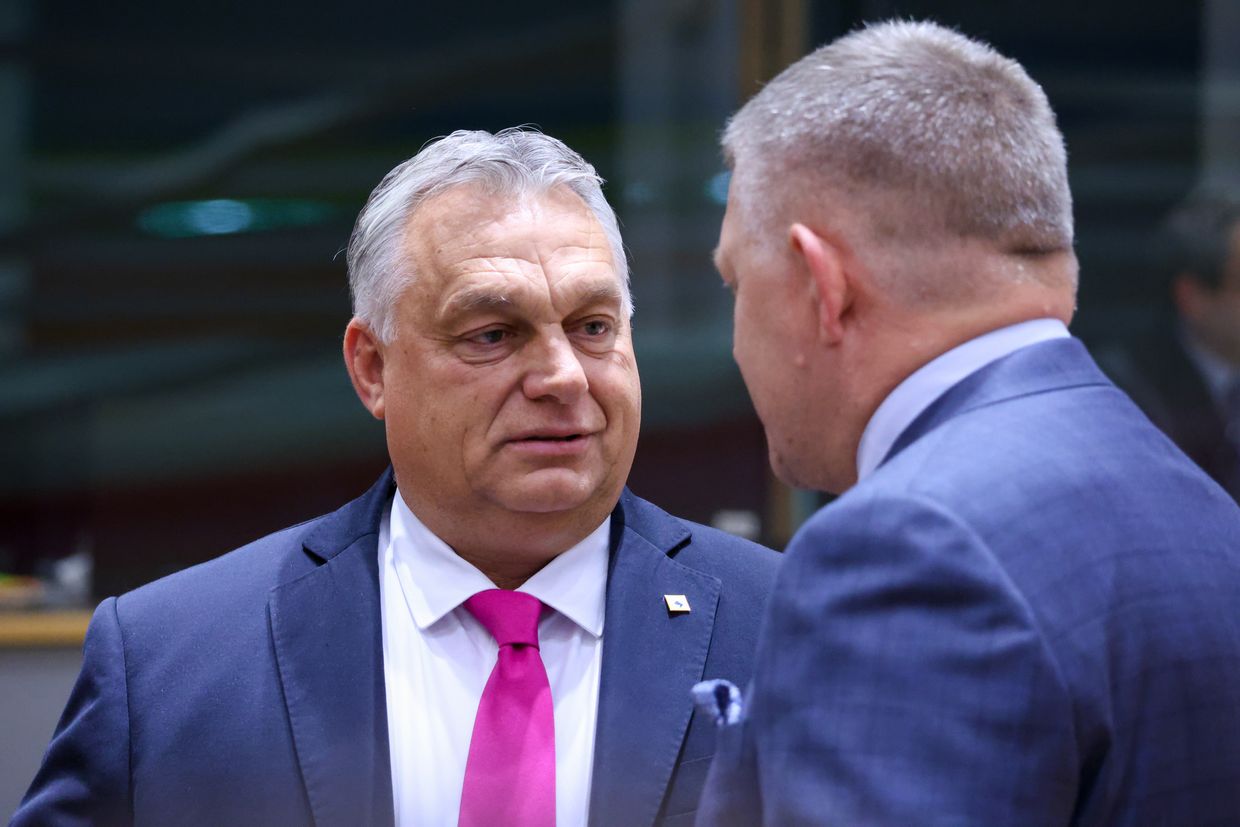EU Commission unblocks $11 billion for Hungary ahead of summit

The European Commission decided on Dec. 13 to unblock 10.2 billion euros ($11 billion) in EU cohesion funds for Hungary, a part of the sum blocked due to the rule of law concerns.
The decision comes just one day ahead of a European Council summit, where EU leaders should address a $54-billion funding package for Ukraine and Kyiv's accession talks. Budapest has been stalling further aid and said it would block the launch of membership negotiations.
The unfrozen sum is part of $23.7 billion in EU cohesion funds, meant to help poorer EU member countries invest in their economies, which were blocked by Brussels last December.
Hungary and the EU have been in disputes for years over Budapest's democratic backsliding and rule of law issues. The Central European country is also known for its amicable attitude toward Russia and its leader, Vladimir Putin.
Only a day before the Commission's announcement, Hungarian Prime Minister Viktor Orban's political advisor told Bloomberg that Hungary would be open to unblocking the funding package for Ukraine in exchange for releasing EU funds for Budapest.
"Hungary's EU funding and Ukraine's financing are two separate issues," Balazs Orban, of no relation to the prime minister, told Bloomberg. "But if the EU insists that Ukraine's financing should come from an amended EU budget, then the two issues become linked."
The Commission said its decision is merely a procedural response to a judicial reform that Hungary adopted in May.
"After a thorough assessment... the Commission considers that Hungary has taken the measures it committed to take in order for the Commission to consider that the horizontal enabling condition on the EU Charter of Fundamental Rights is fulfilled in what concerns judicial independence," the Commission's statement read.
The convergence of the funds' release and the upcoming talks on Ukraine nevertheless fueled speculations that Brussels is horse-trading with Budapest to ensure support for Kyiv.
A joint analysis by Amnesty International and the Hungarian Helsinki Committee published last week criticized the judicial reform adopted by Hungary, saying the solutions "do not resolve persisting problems" and "leave intact all remaining deficiencies in compliance."
The EU Commission vowed that it would continue to closely monitor the situation and block the funding again should it see Budapest fail to meet the set goals.
"The Commission will closely and continuously monitor, notably through audits, active engagement with stakeholders and in monitoring committees, the application of the measures put in place by Hungary," the Commission's statement read.
"If, at any point in time, the Commission considers that this horizontal enabling condition is no longer fulfilled, it may again decide to block funding."
The EU's executive arm also approved in late November $980 million in advance payments for Hungary from frozen recovery funds, though the decision must be approved by EU leaders during upcoming talks.
Further funds earmarked for Hungary remain frozen as Budapest still needs to implement another set of reforms linked to the protection of human rights and academic freedoms.
The overall frozen funding in various programs amounts to 21 billion euros ($22.6 billion), the Commission said.















